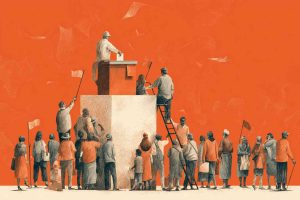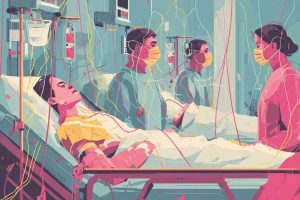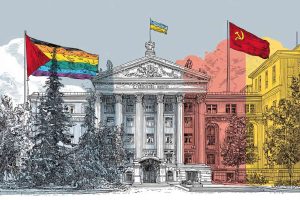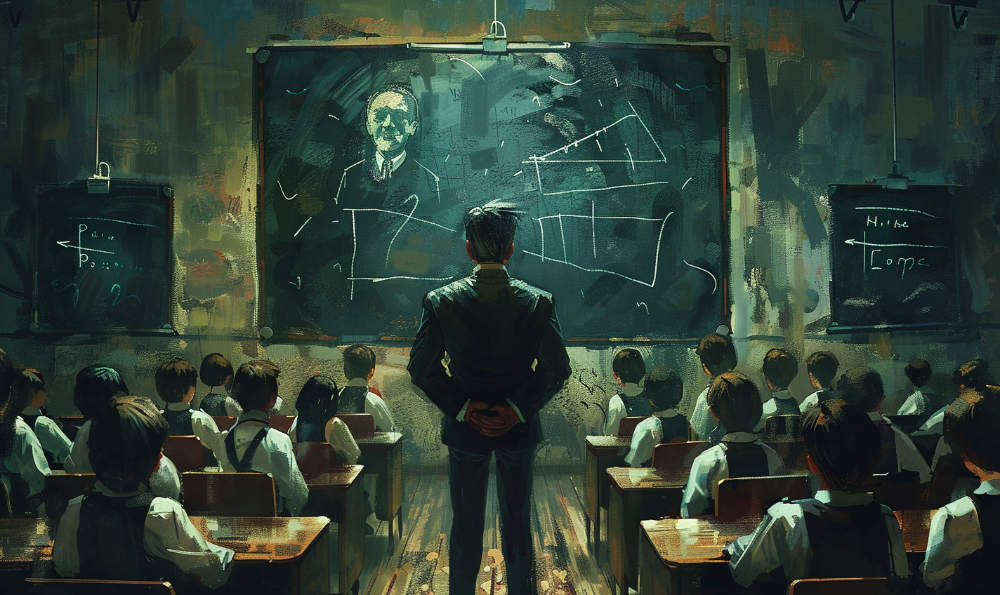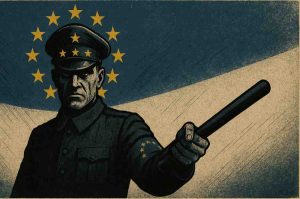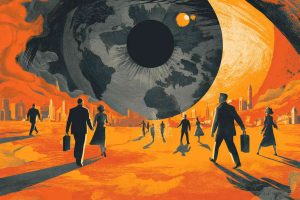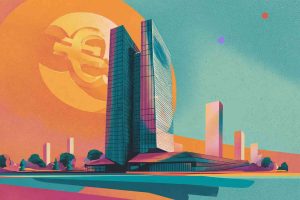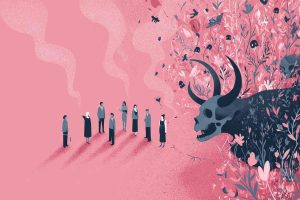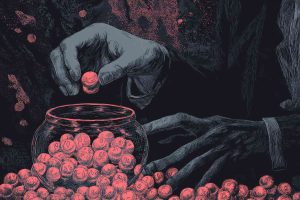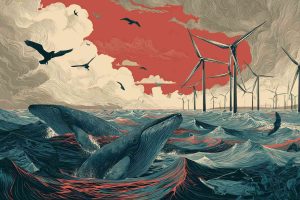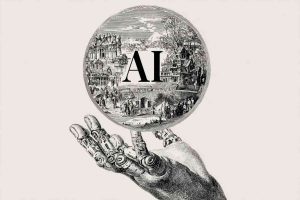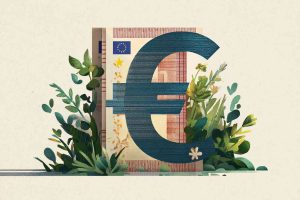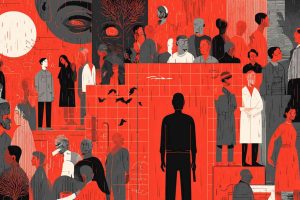The Reckoning of a Nation: Robert F. Kennedy Jr. and the Battle for a Healthier America
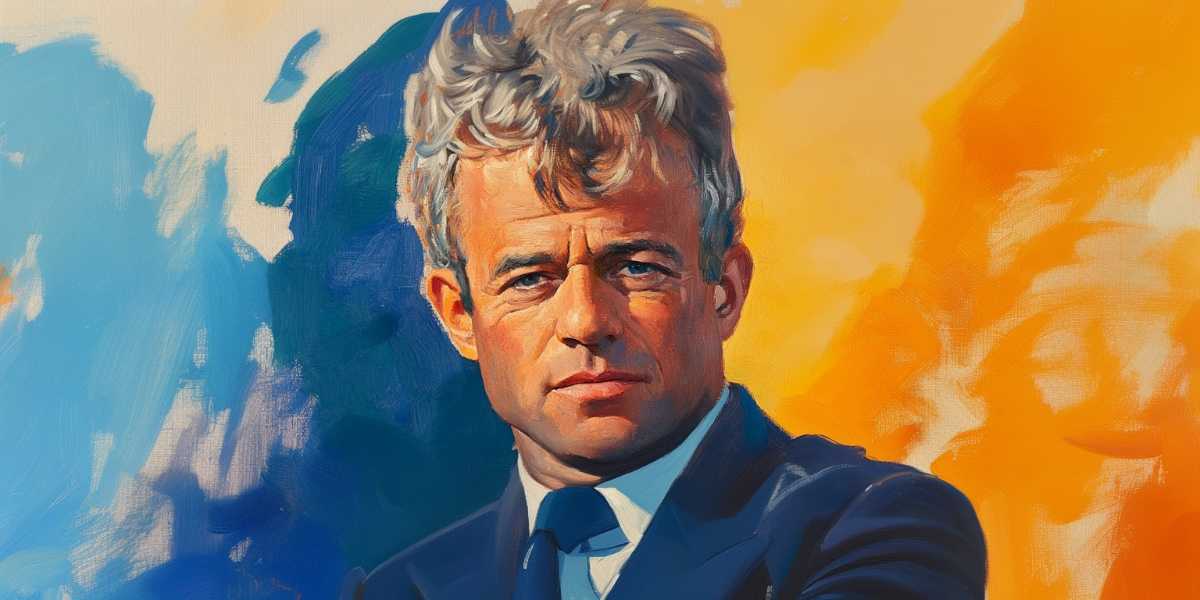
Few figures in contemporary American politics have ignited as much passionate debate, and as much resistance from the establishment, as Robert F. Kennedy Jr. A member of the storied Kennedy family, RFK Jr. has stepped away from traditional party lines to wage a tireless battle against what he sees as the deeply entrenched power of corporate pharmaceutical interests and their government allies. In a nation increasingly suffering from chronic illness, mistrust in public health institutions, and skyrocketing healthcare costs, Kennedy’s voice has become a clarion call for accountability, transparency, and a return to health policies grounded in real science and citizen welfare, not corporate profit.
Let’s explore Kennedy’s biography, his relentless fight against Big Pharma and the vaccine industry, and his vision for restoring American health sovereignty.
The Kennedy Legacy: A Different Path
A Political Name With a Legal Mind
Born in 1954, Robert F. Kennedy Jr. is the son of U.S. Senator Robert F. Kennedy and nephew of President John F. Kennedy. Raised in a family synonymous with American politics and public service, RFK Jr. carved out his own niche early in life, not in Washington but in the courtroom. After graduating from Harvard and earning a law degree from the University of Virginia, he became an environmental attorney and activist. His legal work with the non-profit Riverkeeper and the Natural Resources Defense Council marked him as a defender of the public good, taking on polluters and corrupt institutions head-on.
His early legal battles showed a pattern that would define his later work: a refusal to be intimidated by powerful industries and a commitment to exposing systemic corruption. But it wasn’t until the early 2000s that Kennedy would turn his attention to an industry even more powerful than polluting corporations: the pharmaceutical and vaccine complex.
Exposing the Pharmaceutical Cartel
The Vaccine Industry: Shielded From Accountability
Kennedy began speaking out against vaccine safety and Big Pharma’s unchecked influence after reading about the mercury-based preservative thimerosal, still found in some vaccines. He was shocked by what he discovered: evidence of collusion between pharmaceutical companies and government agencies to cover up vaccine risks, suppress dissenting research, and mislead the public.
In his book Thimerosal: Let the Science Speak (Kennedy), he compiles scientific studies that raise serious concerns about the neurological effects of thimerosal in infants and children. Rather than being engaged in a debate, Kennedy was vilified, branded an “anti-vaxxer” despite repeatedly stating he is not against vaccines, but against unsafe vaccines and the lack of proper safety testing.
According to data presented in The Real Anthony Fauci (Kennedy), the vaccine industry enjoys legal protections unlike any other. The 1986 National Childhood Vaccine Injury Act granted vaccine makers blanket immunity from lawsuits, meaning that even if a vaccine causes harm, the manufacturer cannot be held accountable in court. Instead, victims must appeal to a government-run tribunal known as “Vaccine Court.” This system has quietly paid out billions in damages, yet it has received little media attention (The Vaccine Court, Holland).
Fauci, Gates, and the Machinery of Control
Kennedy’s The Real Anthony Fauci is perhaps his most explosive work to date. In it, he argues that Dr. Anthony Fauci, long-time head of the National Institute of Allergy and Infectious Diseases, orchestrated a system in which pharmaceutical companies and government agencies operate in lockstep, funded by taxpayer money but driven by private profit. Fauci, according to Kennedy, used public health as a weapon of control, pushing untested and often dangerous products while suppressing generic, low-cost treatments that posed no profit incentive for Big Pharma (The Real Anthony Fauci, Kennedy).
Bill Gates is another figure Kennedy scrutinizes in detail. As he writes, Gates has transformed himself into an unelected public health czar, using his massive wealth to steer global vaccine agendas via organizations like Gavi and the WHO. According to Kennedy, this marriage of philanthropy and corporate interest has created a feedback loop in which Gates invests in vaccine companies, funds global health institutions, and then profits from the very products those institutions promote (Vax-Unvax, Kennedy).
Chronic Disease and America’s Health Collapse
From Autism to Autoimmune Disorders
One of Kennedy’s most dire warnings is the explosion of chronic disease in American children. In the 1960s, roughly 6% of American children had a chronic health condition. Today, over 54% do, including autism, ADHD, asthma, food allergies, and autoimmune disorders (Children’s Health Defense, Kennedy).
He argues that vaccines and environmental toxins are a major, though largely ignored, contributor to this crisis. In a rational society, such claims would trigger an investigation, yet in America, they trigger censorship. Facebook, YouTube, and even Amazon have all removed content associated with Kennedy’s Children’s Health Defense organization, often citing “misinformation”, without engaging with the actual science presented.
Yet the studies Kennedy cites are not fringe. He draws upon peer-reviewed literature, government databases, and whistleblower testimony to build his case. His critics often refuse to debate the substance of his arguments, preferring character assassination to scientific discourse.
The Role of Censorship
Kennedy’s experience during the COVID-19 pandemic underscores a disturbing new normal: dissent from the pharmaceutical consensus is no longer allowed in public discourse. His interviews have been deplatformed, books shadow-banned, and organizations defunded by platforms beholden to the very corporations he critiques.
In Letter to Liberals (Kennedy), he highlights the hypocrisy of left-leaning institutions that once championed free speech, bodily autonomy, and skepticism of corporate power, only to abandon those principles under the banner of pandemic emergency. The silencing of medical professionals, alternative researchers, and even vaccine-injured families is a form of ideological fascism, according to Kennedy, one that prioritizes compliance over truth.
A Presidential Bid Rooted in Accountability
Breaking with Party Lines
In 2023, RFK Jr. announced his candidacy for president as a Democrat but soon shifted to an Independent ticket, recognizing that the modern Democratic Party was no longer a vehicle for real reform. His campaign has prioritized restoring constitutional freedoms, dismantling the corporate capture of public institutions, and exposing the economic devastation wrought by pandemic lockdowns and vaccine mandates.
Unlike other candidates, Kennedy has refused to take donations from pharmaceutical companies or lobbyists. His platform is built on decentralization, of power, of health decisions, and of information. He opposes digital ID systems, CBDCs (central bank digital currencies), and other technologies he views as tools of surveillance and control, often echoing themes found in Technocracy: The Hard Road to World Order (Wood).
Making America Healthy Again
Kennedy’s campaign slogan, “Heal the Divide”, is not just about political partisanship. It’s about the divide between corporate propaganda and public truth, between institutional betrayal and citizen empowerment. He calls for:
- Independent vaccine safety testing;
- Removing liability shields from pharmaceutical companies;
- Investigating the CDC, NIH, and FDA for conflicts of interest;
- Banning censorship on public health topics;
- Rebuilding health from the ground up — through clean water, healthy food, and environmental restoration.
He also speaks frequently about restoring trust in medicine by eliminating financial incentives that distort medical judgment. As noted in Overdosed America (Abramson), many physicians unknowingly prescribe drugs based on manipulated data from pharmaceutical-funded trials. Kennedy wants to break this cycle by enforcing transparency and ethical standards in medical research.
Legacy, Courage, and the Future of Freedom
The Last Kennedy Rebel
RFK Jr. stands nearly alone among political figures in his willingness to confront the pharmaceutical-industrial complex. For that, he has paid a high price: public vilification, media blackouts, and even threats of assassination. Yet he remains undeterred.
His courage recalls that of his father, Robert F. Kennedy, who in 1968 was assassinated while campaigning for a nation tired of war, lies, and corruption. The younger Kennedy now wages a similar battle, not against a foreign war, but a domestic one: the war for control over our bodies, our children, and our truth.
As he says in The Real Anthony Fauci (Kennedy): “We are standing in the shadow of a new totalitarianism, dressed in the garb of public health.” Whether one agrees with all of Kennedy’s positions or not, his warnings demand scrutiny, not silence.
Conclusion
Robert F. Kennedy Jr. represents a rare kind of political figure: principled, informed, and unafraid. His work to expose the dangers of corporate control in public health is not only timely but essential. America is facing a crisis of chronic illness, institutional distrust, and pharmaceutical dependency, and Kennedy is one of the few voices offering a way out.
If we are to become a healthy nation again, it will require more than just policy changes. It will require a reckoning, with the lies we’ve accepted, the institutions we’ve trusted, and the silence we’ve tolerated. RFK Jr. is calling that reckoning by name. And whether he wins the presidency or not, his campaign may go down as one of the most important truth-telling missions of our time.
References
- Thimerosal: Let the Science Speak, Robert F. Kennedy Jr.
- The Real Anthony Fauci, Robert F. Kennedy Jr.
- Vax-Unvax: Let the Science Speak, Robert F. Kennedy Jr.
- The Vaccine Court, Mary Holland
- Children’s Health Defense, Robert F. Kennedy Jr.
- Letter to Liberals, Robert F. Kennedy Jr.
- Overdosed America, John Abramson
- Technocracy: The Hard Road to World Order, Patrick M. Wood

